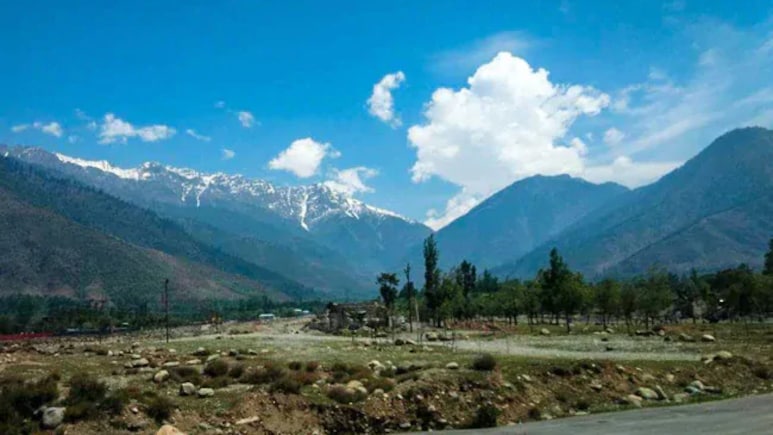
- People under the general category in Jammu and Kashmir claim discrimination due to reservation policy
- The general category forms 70% of the population but gets less than 40% of government job seats
- Jammu and Kashmir cabinet approved a sub-committee report to review reservations
People under the general category in Jammu and Kashmir have complained that they are being discriminated against in recruitments due to the reservation policy in the Union Territory.
The general category makes up 70 per cent of the population in Jammu and Kashmir, but gets less than 40 per cent seats in government jobs following a reservation policy adopted during direct central rule in the Union Territory.
There was a heated exchange in the assembly among members over the controversial reservation policy. The members alleged merit is being killed and jobs are denied to those who deserve it due to lopsided reservation policy.
Two weeks ago, the Jammu and Kashmir cabinet approved a report by a cabinet sub- committee that was formed to review existing reservations in jobs. So far, there is no decision in sight if the general category is getting its due.
"Reservations are a big disaster in Jammu and Kashmir. They are killing merit and denying job opportunities to those who deserve it. I don't understand why everything is shrouded in secrecy?" Peoples Conference chief and MLA Sajad Lone said.
"Why is the government not sharing information? I understand it happened during central rule, but why is it happening when there are elected leaders? It's something that baffles me," Lone added.
In its election manifesto, the National Conference promised to review reservations. After the formation of the elected government in October 2024, the issue became a major challenge for the Omar Abdullah government.
It is a tricky situation - doing away or reducing reservation for any reserved category would not be easy, and ignoring the general category which forms the majority in Jammu and Kashmir is just not an option.
Many are asking why the government has not made the sub-committee report public even after two weeks, and why the cabinet decision has not been sent to the Lieutenant Governor for approval.
The National Conference said they are committed to making the report public and giving due share to every section of society.
"The chief minister is committed to making the report public. I believe it's almost ready. After approval from the law department, it will be sent to the Lieutenant Governor for approval. I think no one's share will be eaten. We will make sure that everyone gets their due," NC spokesperson Tanvir Sadiq said.
After Jammu and Kashmir was made a Union Territory and special status under Article 370 of the Constitution was removed in 2019, there have been major changes in rules including on reservations.
In March last year, the Centre granted Scheduled Tribes status to Pahari-speaking people and groups like Paddari, Koli and Gadda Brahmins in Jammu and Kashmir. Earlier, only Gujjar and Bakerwal tribes were under ST with 10 per cent reservation in jobs. After the inclusion of Parahis, the reservation quota for ST category has been increased to 20 per cent.
SC, OBC and EWS are among the categories that take the reservation way above 60 per cent in jobs in Jammu and Kashmir.
Track Latest News Live on NDTV.com and get news updates from India and around the world

